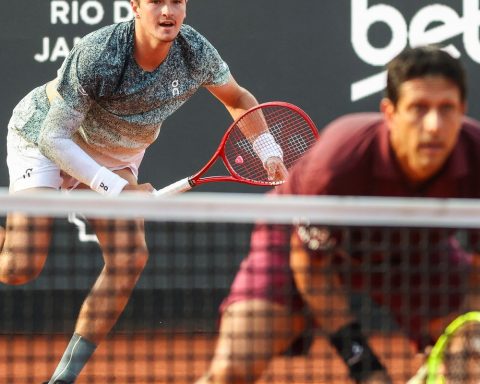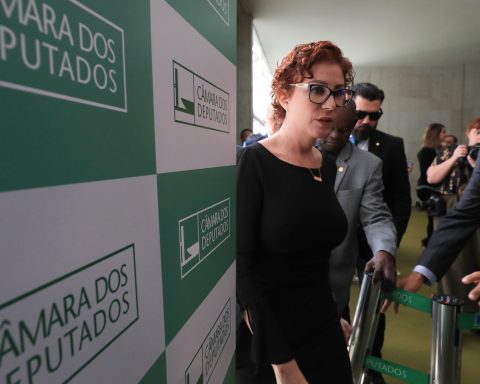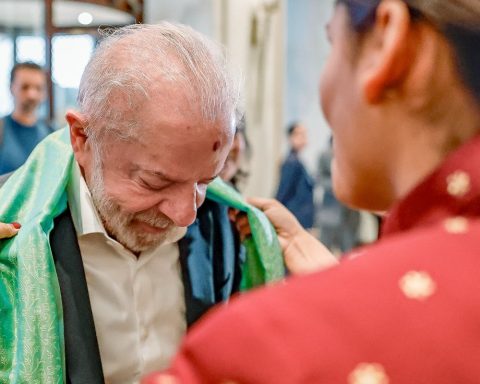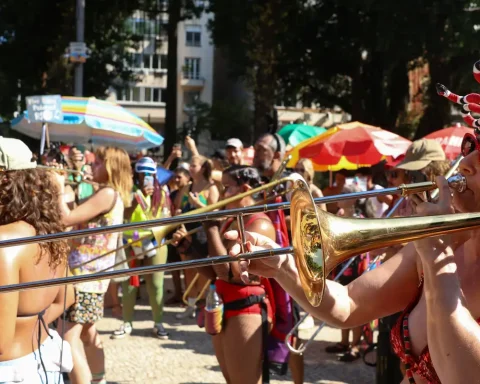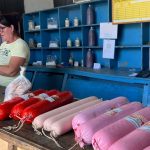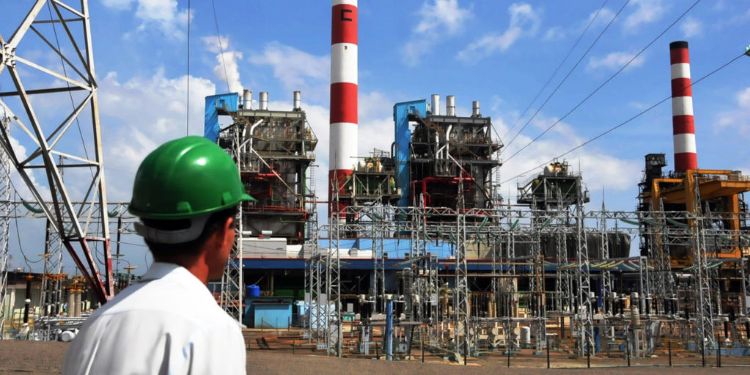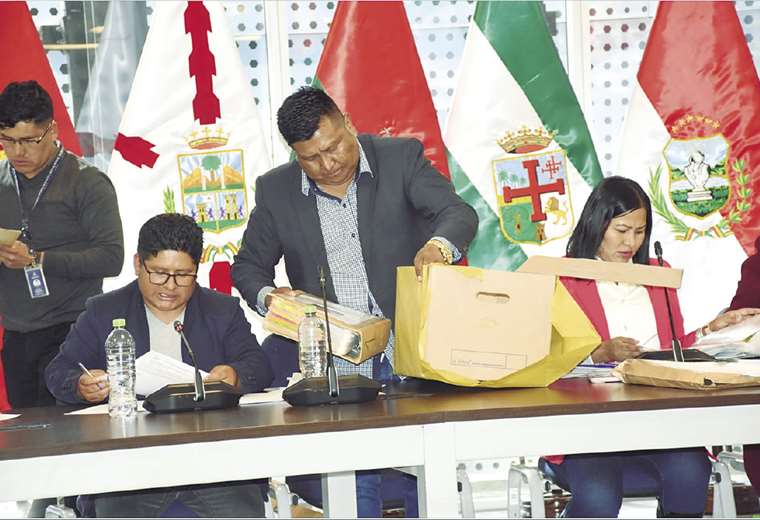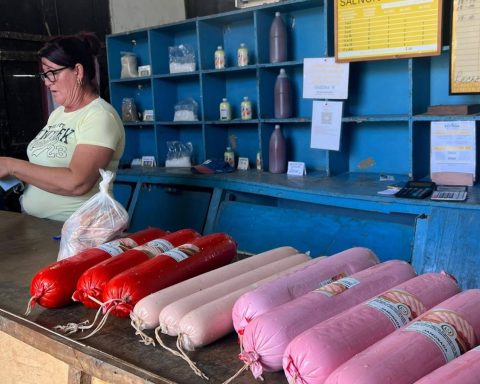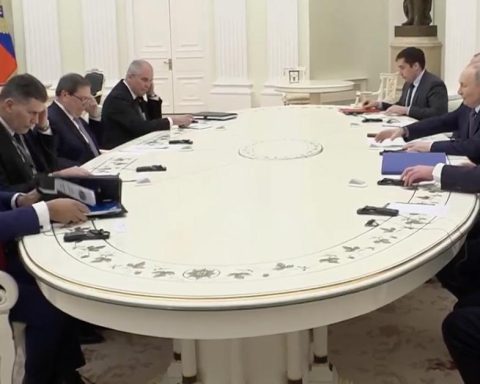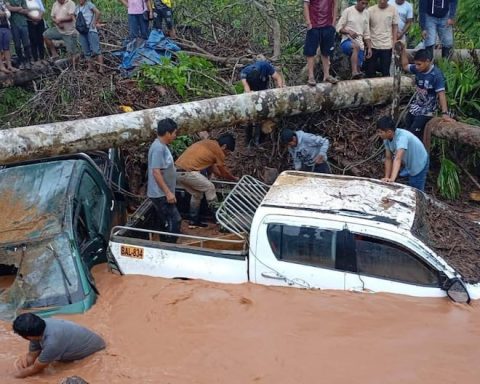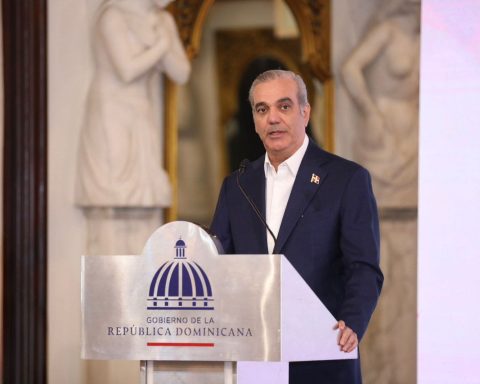Earlier this month, the Regional Electoral Court of Rio de Janeiro (TRE-RJ) announced the change of 53 polling stations in ten municipalities in the state, due to security concerns. Most of these changes occurred in the city of Rio de Janeiro, but there were also modifications in Duque de Caxias, Belford Roxo, Nova Iguaçu, São João de Meriti, Japeri, Itaguaí, Niterói, Itaboraí and Sapucaia. Throughout the state, 171 thousand voters were affected by the changes. The decision, according to the president of the court, judge Henrique Carlos de Andrade Figueira, was motivated by the fact that these voting locations are subject to actions by organized crime.
For experts consulted by Brazil Agencythe infiltration of criminal groups into politics is one of the greatest threats to municipal elections not only in the state of Rio, but in the country as a whole. To ensure that their candidates are elected, these organizations may resort to violence, threats and coercion against opponents and also against voters.
“This is a process that has been happening in Brazil for a long time, but it is relatively new in the big cities: organized crime has learned to work from within the State. In the remote corners of Brazil, especially in the North of Brazil, this is older: organized crime elects politicians and interferes in the electoral process. In Rio de Janeiro, São Paulo, or João Pessoa, this is newer,” explains Alan Fernandes, PhD in Police Science and Public Security, researcher at the Brazilian Public Security Forum.
For him, on election day, there is a risk of coercion by these criminal groups against voters, so that they vote for a certain candidate or even fail to appear at polling stations.
“The main risk is the prevention of people from turning out in certain electoral zones. In places where violence and organized crime are prevalent, there are cases where people are prevented from going to the polling station, depending on the political interests of that faction. The second problem in these polling stations is the coercion of voters to vote for a particular candidate preferred by that armed group,” says Fernandes.
Measures
In Rio de Janeiro, militias are one of the armed groups that have taken advantage of politics and participation in the State to strengthen its performance. As a result, new measures have been taken by the courts to ensure the fairness of the electoral process.
The ban on the use of cell phones and cameras in voting booths, adopted in 2008, for example, was a reaction by the TRE-RJ to reports that drug traffickers and militiamen were forcing voters to register their votes at the ballot box to prove that they were voting for candidates nominated by criminal groups. The measure was eventually adopted by the Superior Electoral Court (TSE) for all states in the municipal elections of that year and later incorporated into electoral legislation in 2009.
Miguel Carnevale, a researcher at the Electoral Investigation Group at the Federal University of the State of Rio de Janeiro (Giel/UniRio), explains that this action by criminal groups against voters is even stronger in municipal elections.
“You see a lot of contact between councilors and communities and a lot of strength from organized crime [para a eleição de seus candidatos escolhidos]. I believe that, for Rio de Janeiro, the entry of organized crime into politics is a particularly sensitive topic. This affects certain relationships, creates clientelist ties,” he explains.
André Rodrigues, a researcher at the Laboratory for Studies on Politics and Violence at the Fluminense Federal University (Lepov/UFF), states that municipal elections are always more violent than state and federal elections, according to studies conducted by Lepov/UFF in Greater Rio and the southern coast of Rio de Janeiro. “These are the elections where we see the most violent interference in politics,” he states. “There are three mechanisms that criminal groups adopt that threaten elections: veiled threats, such as explicit declarations of vote from someone who controls a location; prohibiting some candidates from campaigning in militia or drug trafficking areas; and the violent elimination of opponents. In Baixada Fluminense alone, since 2015, we have recorded 60 murders of people involved in local politics.”
Although most of these mechanisms are used during the campaign period, voter coercion can also occur on election day, according to Rodrigues. For this reason, he believes that changing polling locations is welcome. “This does not eliminate the mechanisms I mentioned, but at least it can create a context on election day.” [da votação]greater security for voters, so that they do not have to vote exactly in the place where that criminal directly dominates”. He recalls that “in the last municipal election, in Paraty and in Angra dos Reis, we heard many reports of people who looked like militia members, with a threatening tone, positioning themselves in front of the polling station”.
Other cases of violence
But it is not just the involvement of organized crime that threatens the security of elections. There are cases of violence between candidates and voters due to ideological issues, for example.
Researcher Miguel Carnevale warns that in September, in the final stretch of the first round of the election campaigns, it is possible to see an increase in electoral violence. “This is when these numbers start to increase, both political violence as a whole and its most extreme form, which are homicides.”
For him, social media can play a role in amplifying this electoral violence. “You give individuals with problematic political issues the chance to express violent tendencies. You see a lot of threats on social media. Social media is the main focus for offenses, whether misogynistic, racist, or LGBTphobic. This is where this type of crime is concentrated. Psychological violence occurs mainly through this medium,” Carnevale points out.
A quarterly survey by Giel/UniRio, called the Observatory of Political and Electoral Violence, recorded, between April and June of this year, the period prior to the official electoral campaigns, 128 cases of violence against party leaders across the country, more than double the previous quarter (59) and 24% higher than the second quarter of 2022 (103), when the federal and state elections took place.
Threats were the main occurrence, but at least 25 murders were recorded, of which six occurred in Rio, the state with the most occurrences. Political positions linked to the municipal sphere continue to be the most affected category, according to the Observatory of Political and Electoral Violence.
This month, the Ministry of Justice and Public Security extended the period of stay of men from the National Security Force in the state of Rio de Janeiro for another 90 days, which includes campaign and voting dates.
The Rio State Security Secretariat reported that the Military Police is finalizing its operational planning for the voting days and will soon release it to the press.


